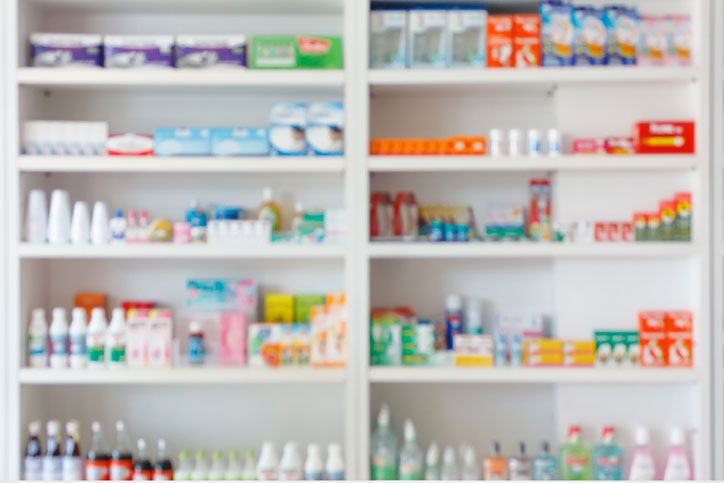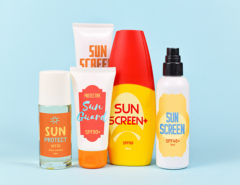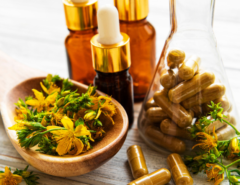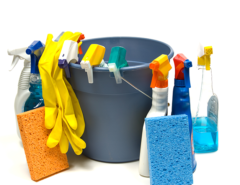Over-the-counter (OTC) medicines can be found in most homes. These medicines are available without a doctor’s prescription and can treat minor medical problems, such as:
- Allergies and colds
- Headaches
- Skin rashes
- Stomach pains
Some people think OTC medicines are safer than prescription medicines. But, all medicines can be harmful if not used correctly. Follow these tips to make sure your family uses OTC medicines safely:
Always read the medicine label. The medicine label provides important information, such as ingredients, dosage directions, warnings, and proper storage. Store medicines as directed and out of children’s reach.
Review the ingredients to make sure you are not taking two medicines with the same active ingredient. For example, many cold medicines also contain a pain reliever. If you have recently taken medicine for a headache, taking cold medicine could mean you have taken too much pain reliever.
Follow the dosing directions on the label. Taking more medicine than directed will not help you feel better faster. For liquid medicines, use the dosing device that comes with the medicine. Do not use a kitchen spoon or a dosing device from another medicine.
Take product warnings seriously. People with certain medical conditions should not take some OTC medicines. OTC medicines can also interact with some prescription medicines. If you are taking any prescription medicines, ask your doctor or pharmacist before taking any OTC medicine.
Do not share medicines with or take medicines from others. Sharing medicine is dangerous. It can lead to allergic reactions or drug interactions.
Do not leave medicine out. Medicine should be stored up and away and out of sight. If not, children and pets may get into it, which can be dangerous. According to a report from Safe Kids Worldwide, 86% of emergency room visits for medicine poisoning occurred after a child got into medicine belonging to an adult. Some teens and visitors might also seek medicines in your home for improper use. Proper storage can help prevent this. For more helpful tips, visit Up and Away.
Note children’s medicine intake times. Keep a pen and paper handy to write down when you gave your child medicine. This will help you and other caregivers avoid giving a double dose or skipping a dose.
Make sure safety caps are secure after closing medicine containers. Child-resistant caps can help keep young kids out of medicines, but these caps are not child-proof. Given enough time, many children will be able to get the bottle open.
Do not use adult OTC medicines for children. If an OTC medicine does not have dosing for children on the label, do not use it for a child unless directed by your pediatrician. Children are not small adults. They do not react to medicine the same way adults do. Even a small dose of adult medicine may be harmful to children.
Tweens and teens should practice OTC medicine safety, too. According to a nationwide survey, children begin to self-medicate as early as 11 years old, but only 54% of tweens know OTC medicines can be dangerous when misused. Before letting tweens and teens take medicine on their own, make sure you talk with them about medicine safety. The Scholastic OTC Medicine Safety program is a great resource for parents, teachers, and nurses. Make sure your tweens and teens know they can come to you if they need help with OTC medicine, or if they make a dosing mistake.
Program the poison control number into your phone. Text “poison” to 797979 for a contact that can be easily saved and shared with others. You can also manually add the poison center’s number (1-800-222-1222) in your phone. Educate yourself and others about what the poison center does and how we can help.
As always, if you or someone you know needs help with OTC medicines, the specialists at the Maryland Poison Center are ready to answer your questions. Our free and confidential service is available 24/7 by calling 1-800-222-1222.





Leave a Reply